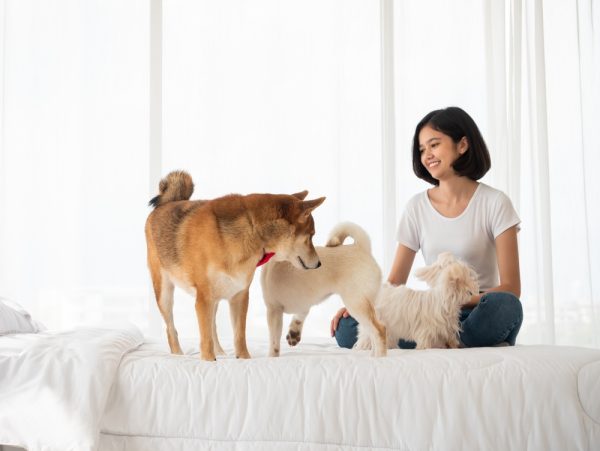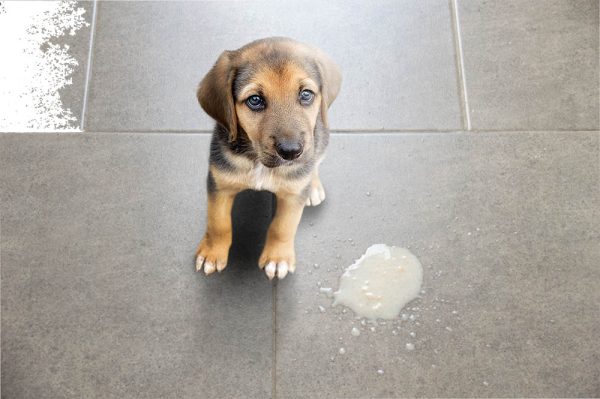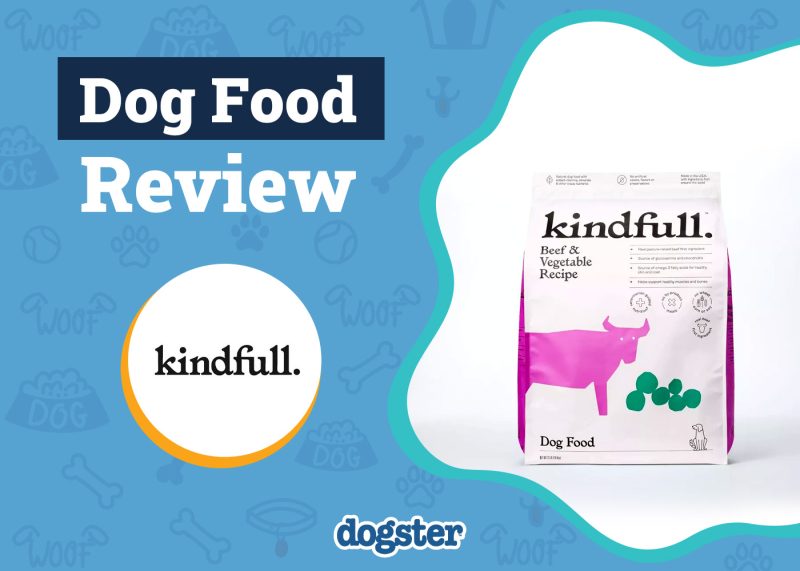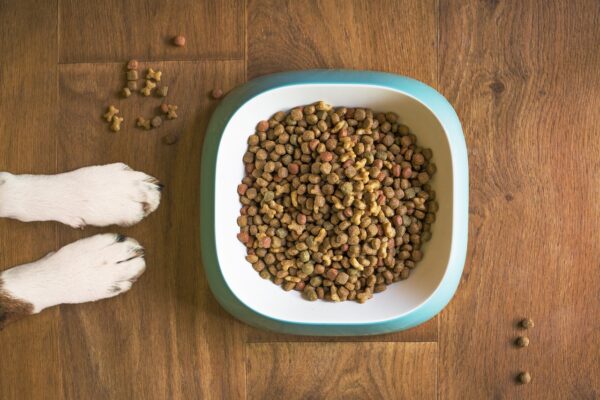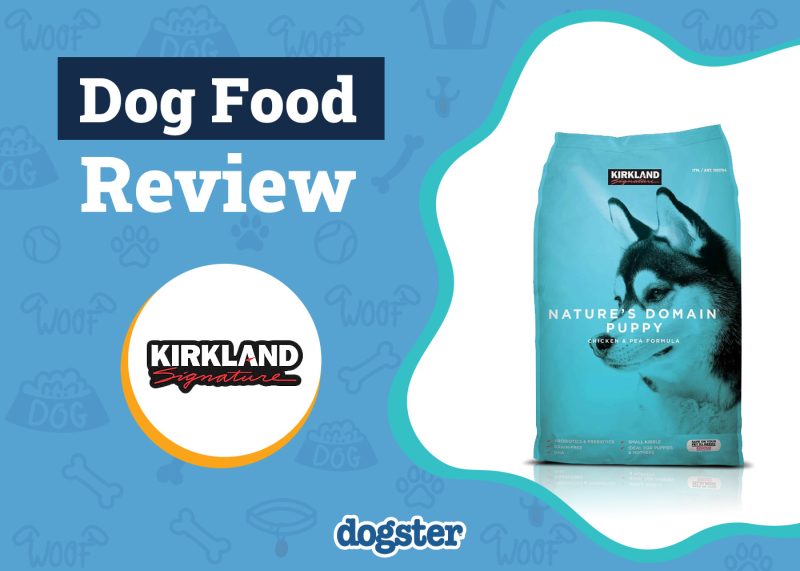In this article
View 3 More +The Dachshund is unquestionably a small dog breed, but there’s one type that’s even smaller: the Miniature Dachshund. Apart from their size, the Miniature Dachshund and the Dachshund are alike in virtually every way.
A Miniature Dachshund’s lifespan is another similarity they share with the regular Dachshund, which is practically identical and, thankfully, long. The average lifespan of a Miniature Dachshund is between 12 and 16 years. As with a standard-sized Dachshund, there are several things that you can do to help your Miniature Dachshund live a healthy, happy, and long life. We’ll look at all of those below, including nutrition, breeding , and vet care, and we will also explain the life stages of a Miniature Dachshund.
We’ll discuss how to determine how old your Miniature Dachshund is if you’re unsure. To uncover everything about the lifespan of the marvelous Miniature Dachshund, read on.

What is the Average Miniature Dachshund Lifespan?
One of the best reasons for adopting a Miniature Dachshund is that they are friendly, vivacious, and tend to be long-lived dogs, just like the Dachshund. On average, a Miniature Dachshund will live between 12 and 16 years, and some lucky Minis will live a few years longer. In fact, in a U.K. study conducted in 2024, the Miniature Dachshund was among the longest-lived breeds¹.
Why Do Some Miniature Dachshunds Live Longer Than Others?
Although Miniature Dachshunds typically live a long time, like all dogs, several factors will either help or hinder their chance to become senior citizens. Their breeding history plays a big role, for example, as well as other factors.
1. Nutrition
All dogs need a well-balanced, complete diet to live a long, healthy life. That includes the Miniature Dachshund, which makes it important that you feed your pet high-quality food, ensure they get plenty of water, and choose healthy treats when training them. It’s also essential that you prevent your Miniature Dachshund from eating certain foods that are toxic and, in some cases, deadly.
- Alcohol
- Chocolate
- Onions and garlic
- Grapes and raisins
- Nuts, including almonds, pecans, and walnuts
- Avocado
- Macadamia nuts
2. Living Environment and Conditions
All dogs need a safe, calm, and clean environment to live in, and that goes double for a tiny Miniature Dachshund. For example, your pup should have their bed in an area where they feel safe, including a crate if you plan to crate-train them.
Miniature Dachshunds aren’t the kind of dogs that can live, thrive, or even survive outside, so an indoor spot is essential. Whatever living space you provide should be dry and free of mold and mildew.

3. Space & Exercise Requirements
Many people love the Miniature Dachshund because it’s a dog that can live practically anywhere, including apartments, tiny homes, RVs, and more. Miniature Dachshunds need little living space as long as they have plenty of space to run and play for at least an hour on a daily basis.
Intervertebral Disc Disease (IVDD) is a common condition in Dachshunds, and you should do everything in your power to eliminate lifestyle-related risk factors for this disease, such as inadequate exercise levels.
4. Size
Miniature Dachshunds are tiny dogs; typically, small dogs live longer than large dogs. One thing to remember is that Miniature Dachshunds can be more fragile because of their tiny size. They can easily be hurt from a fall or rough handling. While their size is an advantage regarding where a Miniature Dachshund can live, it’s also a hindrance because they’re delicately built.
5. Responsible Breeding
Only through select breeding could a smaller version of the Dachshund be created. This fact makes it essential that you find a responsible, ethical breeder when adopting a Miniature Dachshund to reduce the risk of genetic anomalies and health problems. When possible, you should inquire about the breeding history of the Miniature Dachshund you plan to adopt so that you can be sure their lineage is strong.

6. Healthcare
While feeding, housing, and caring for your Miniature Dachshund are all essential, ensuring that they receive regular healthcare from a trained veterinarian is critical. That includes having your Miniature Dachshund vaccinated and spayed or neutered if you don’t plan to breed them. Keeping up to date with their parasite control and having health checks regularly to catch diseases earlier in time.
Having your Miniature Dachshund microchipped is highly recommended, and it’s always a good idea to purchase a pet insurance policy, to be prepared for whatever may happen in the future.

The 4 Life Stages of a Miniature Dachshund
Puppy
Some consider the first few months of a Miniature Dachshund’s life to be the most fun and playful. Miniature Dachshunds are considered puppies until they reach about 6 to 9 months.
Young Adult (Adolescent)
A Miniature Dachshund’s adolescent stage starts at about 6–9 months but won’t end until they reach about 3 years of age. During that relatively long period, they will need a lot of guidance to complete their physical and social maturation to become mature adult dogs.

Mature Adult
A Miniature Dachshund is considered a mature adult between 3 and 9 to 12 years of age. This is the longest life period in your dog’s life, during which their personality will shine.
Senior
Once a Miniature Dachshund reaches 9 to 12 years of age, they are considered senior dogs until the end of their lives. That is typically between 12 and 16 years of age, during which your pup will be calmer, slower, and sleep a lot more.

How to Tell Your Miniature Dachshund’s Age
If you’ve adopted an adult miniature Dachshund, it might be difficult or impossible to know how old they are. If you want to determine your Mini Dachshund’s age on your own, there are several methods you can use that are recommended by veterinarians.

Your Miniature Dachshund’s Activity Level
Although this won’t give you an exact age, if you have a Miniature Dachshund that is otherwise healthy, but sleeps a lot and doesn’t play much, the chances are they’re a senior dog.
The Color of Your Miniature Dachshund’s Eyes
Like most dog breeds, if your Miniature Dachshund is older, their eyes may start to take on a cloudy, gray appearance, usually due to the development of nuclear sclerosis, a benign lens opacity. Cataract formation could also indicate older age, but not necessarily. Again, this won’t give you an exact estimate of their age, but it will tell you if your pup is young or old.
The Condition of Your Miniature Dachshund’s Teeth
One of the easiest ways to determine if your Miniature Dachshund is young or old is to look at their teeth. The older your dog’s teeth are, the more worn down they will be and the more tartar they might have. Also, you (or your vet) will see more wear and tear from years of chewing and eating. Younger dogs will have whiter teeth and usually fresher breath.
The Color of Your Miniature Dachshund’s Coat
As they age, all dogs will eventually start getting gray hair, especially around their face. While it won’t give you specific information, if your Miniature Dachshund has a lot of gray hair, chances are they are an older dog.
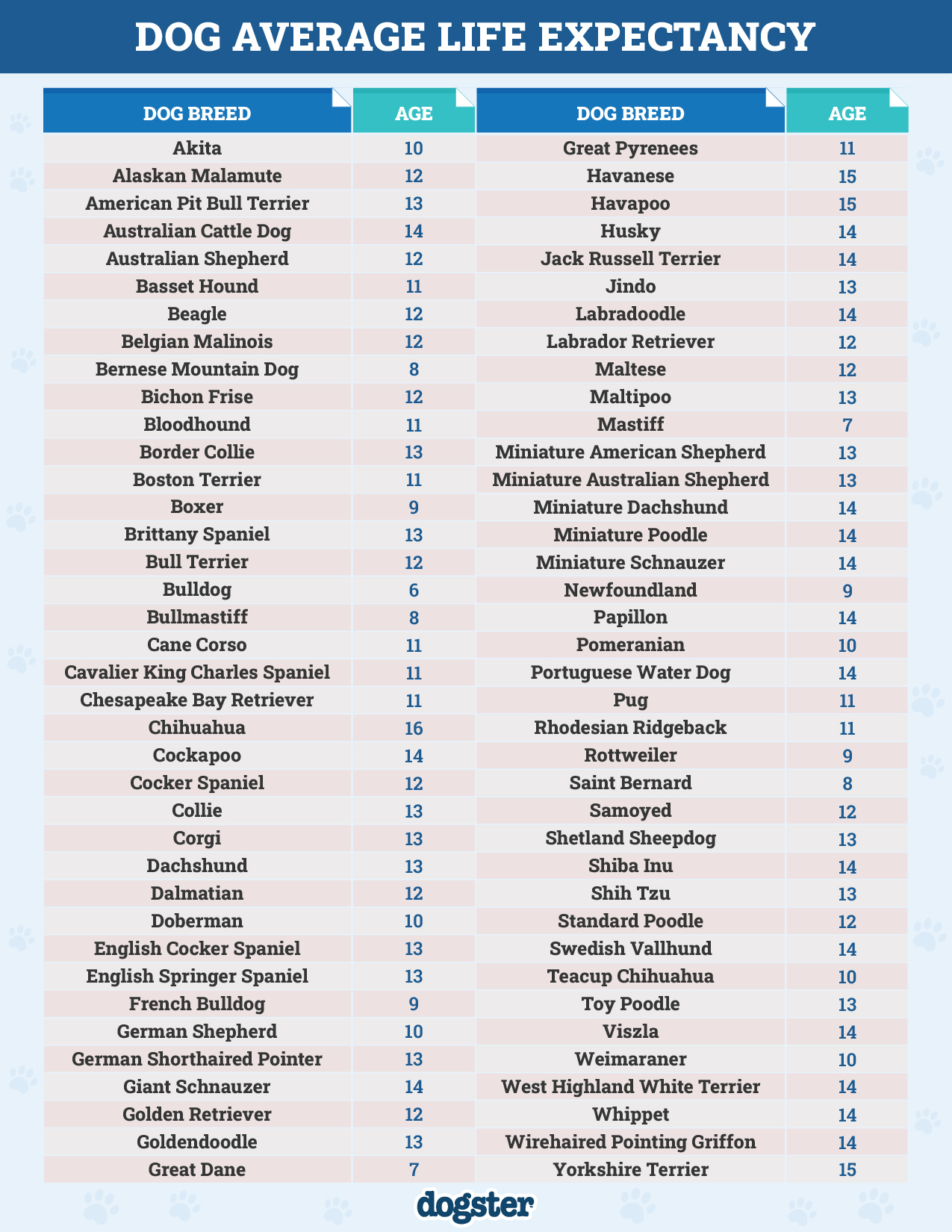

Final Thoughts
The Miniature Dachshund’s lifespan is usually between 12 and 16 years, which is one of the longest in the dog world. You can do several things to ensure your Miniature Dachshund lives a long, happy, and healthy life. Adopting from responsible breeders, adequate nutrition, optimal exercise levels, frequent vet visits, and a safe living environment are essential.
It is also vital that they receive lots of loving care from a devoted family. Treat them with care, consideration, and lots of love, and you’ll have a furry friend for many years.
Featured Image Credit: alvant, Shutterstock








